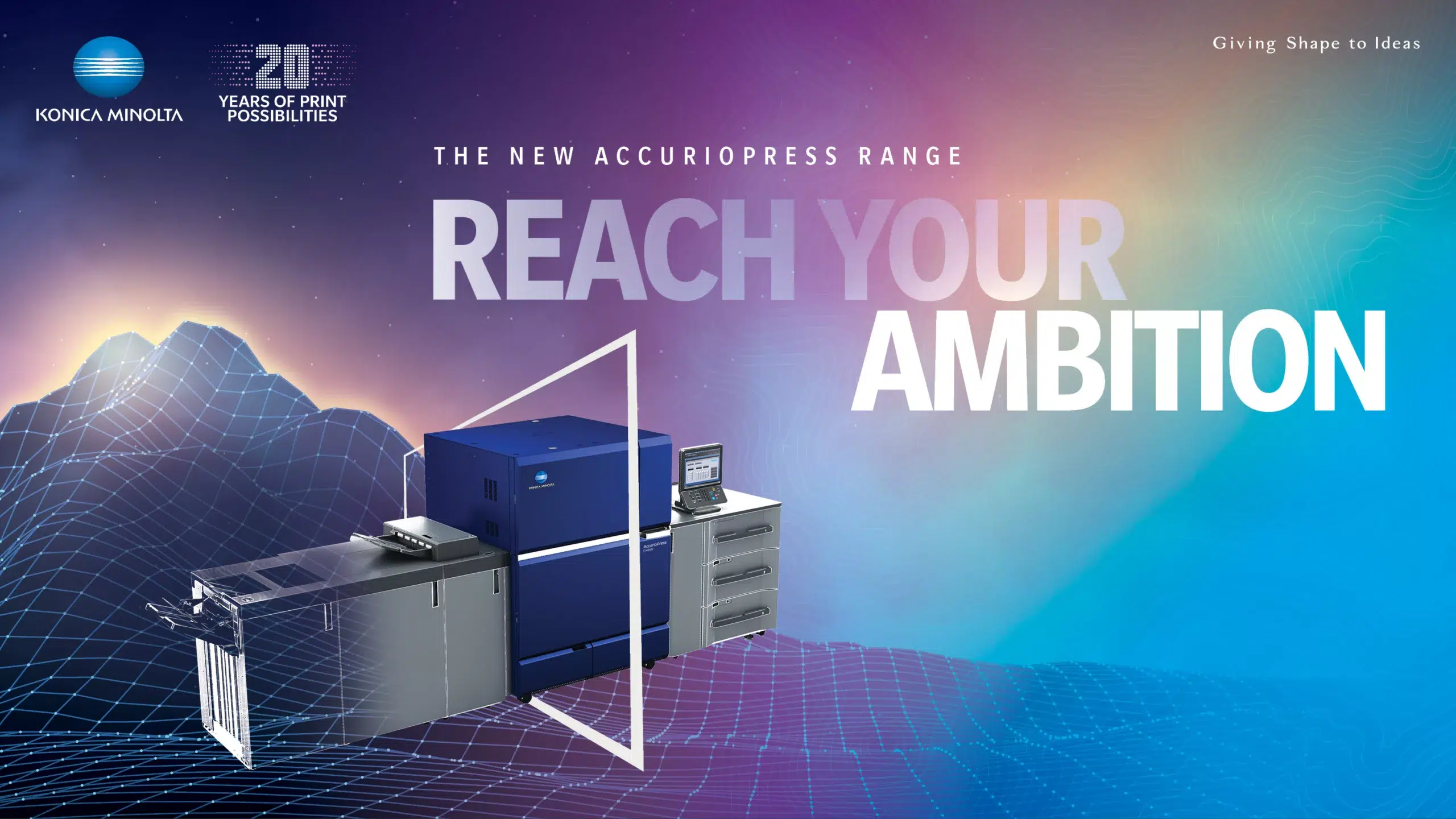New-generation employees tend to have had a high-tech and hyper-connected upbringing, as a result they tend to bring a new set of behaviours, expectations, and preferences into the workplace.
More than three quarters (76 per cent) of Generation Z professionals believe that the skills necessary in today’s workforce are different from the skills that were essential in past generations.[1] Approaching knowledge-sharing and problem-solving differently to previous generations, Generation Z and Millennials prefer teamwork and a strong human element at work. For Generation Z, more than 90 per cent crave a human element in their teams, either working with innovative co-workers or new technologies.
As the first fully digital generation, Generation Z are masters of technology and expect high levels of automation in the workplace. New-generation employees have high expectations of themselves, too, and seek challenges in their jobs, possessing a strong desire to be creative. These employees want to work on new and tough problems that require creativity and innovative solutions with the help of advanced technology.
Workplace reality versus new-generation employee desires
However, the reality of many organisations is that Generation Z’s desire for high automation, creative outlets and immediate results is not met. Many business processes rely on the completion of repetitive, mundane tasks by junior workers, such as:
- invoicing
- managing purchase orders
- entering sales data
- updating customer information.
New-generation employees find these tasks extremely disengaging as they crave responsibility and challenges. They will easily lose interest in these tasks and feel isolated in their roles because they feel their creativity is stifled.
As 48 per cent of Generation Z are reported to seek meaningful responsibilities in their jobs[2], along with 70 per cent of Millennials who prioritise high task engagement[3], it is increasingly important for companies to ensure these employees are challenged within their roles.
Investing in robotic process automation (RPA) is one way to overhaul your company’s processes to eliminate the repetitive, mind-numbing tasks your new generation employees detest so much.
How RPA works
RPA is the automation of repetitive, rule-based, high-volume activities through the use of software bots. Based on mimicking how humans interact with technology, RPA lets your employees configure a bot to collect and extract knowledge, recognise patterns and learn from your existing business processes, and follow rules to create efficient workflows.
RPA provides a wide range of opportunities for businesses to streamline mundane tasks and re-allocate resources to focus on more complex activities. This could lead to benefits including increased productivity and employee job satisfaction.
Some organisations fear that older employees may resist RPA but, when key benefits include the elimination of mundane tasks, most workers become keen to embrace the new technology. This is particularly true of new-generation employees, who are known to embrace change and new technologies, therefore helping to keep them engaged in their roles.
How RPA can keep new generation employees engaged
RPA can provide a range of benefits to alleviate the mundane tasks most employees are known to dislike, which can ultimately keep your new-generation employees engaged.
Here’s how:
1. Gives broad scope to work on more high-value tasks with more responsibility
RPA can streamline your business processes and simplify workflows. By reducing the time your employees spend on repetitive administration tasks, they can focus on core tasks that bring higher value results to the business.
Your employees can then take on more responsibility and can challenge themselves to develop their competences by completing high-value projects. This will meet Generation Z’s desire for meaningful responsibilities in their jobs and will provide significant results for your business by gaining insight from a younger perspective.
2. Creates outlets to be more creative, innovative, and collaborative
RPA’s ability to reduce the amount of manual data entry work required from your employees empowers them. Generation Z workers have a high preference for innovative teamwork; using RPA would create more time for your employees to focus on collaborative projects that require creativity and innovation. Likewise, this will meet the new generation’s need for high task engagement which will, in turn, bring you higher-value results.
In short, using RPA can relieve your new-generation employees from the mind-numbing, repetitive duties that lead to disengagement, leaving them to focus on the higher value tasks that stretch their creativity and responsibilities. Their combined brainpower and effort can then benefit your business by providing lasting value to projects.
To find out how RPA can engage your new generation employees, contact Konica Minolta today.
[1] https://www.inc.com/ryan-jenkins/23-percent-of-generation-z-wont-take-a-job-without-this.html
[2] https://www.inc.com/ryan-jenkins/23-percent-of-generation-z-wont-take-a-job-without-this.html
[3] https://iveybusinessjournal.com/publication/the-millennials-a-new-generation-of-employees-a-new-set-of-engagement-policies/




